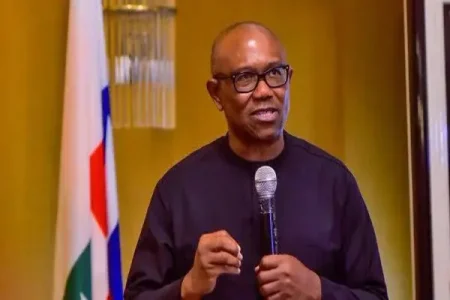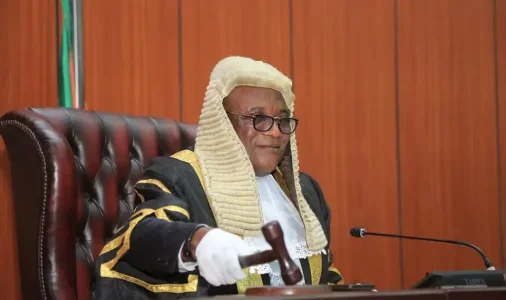
Peter Obi proposes solutions to address IOC exodus from Nigeria, emphasizing governance reforms, security improvements, and policy stability. He highlights the N95 trillion loss over five years due to multinational departures and calls for creating a business-friendly environment to attract investments and foster economic growth.
Peter Obi, the 2023 presidential candidate of the Labour Party, has proposed solutions to address the exodus of International Oil Companies (IOCs) from Nigeria. Expressing concern over the departure of multinational companies that have cost the nation N95 trillion in the past five years, Obi emphasized that the reasons behind this exodus are primarily governance-related issues.
Obi highlighted the consistent problems cited by departing companies, including harsh business climates, insecurity, high energy costs, and inconsistent policies. He stressed the need for leadership to urgently address these challenges head-on.
To retain IOCs and attract new investments, Obi suggested creating a business-friendly environment that fosters innovation and growth. His proposed solutions include:
- Prioritizing security to ensure a safe operating environment
- Stabilizing policies to provide certainty for long-term investments
- Reducing energy costs to improve operational efficiency
- Cultivating a culture of transparency and accountability
The former presidential candidate called for unity in transforming Nigeria into a nation conducive to business, attractive to investment, and prosperous for all citizens. He expressed optimism that with the right approach, Nigeria could become a beacon of hope and progress in Africa and the world.
Obi's proposals come at a critical time when Nigeria faces significant economic challenges due to the departure of major multinational companies, underscoring the urgent need for comprehensive reforms in the country's business and governance landscape.




